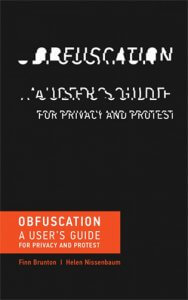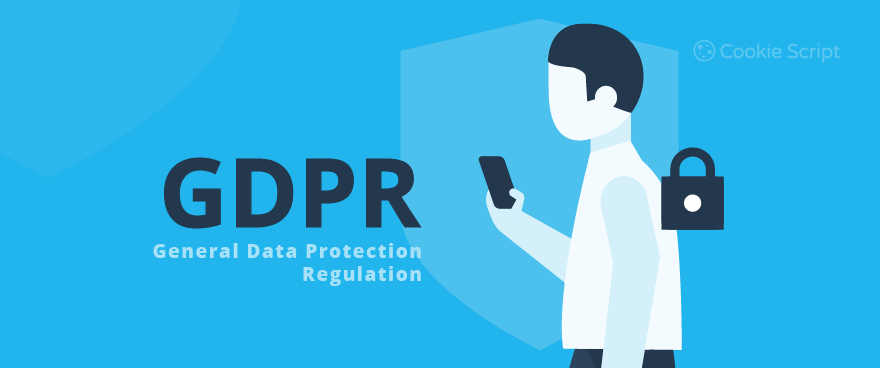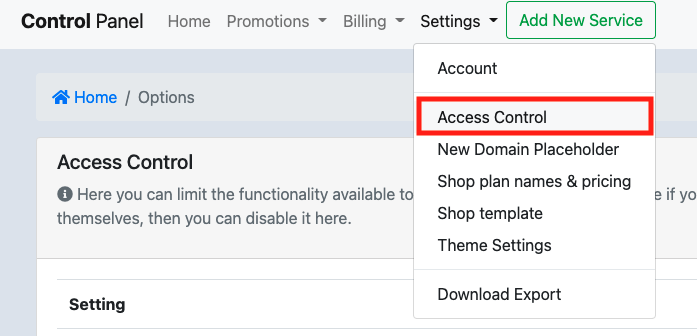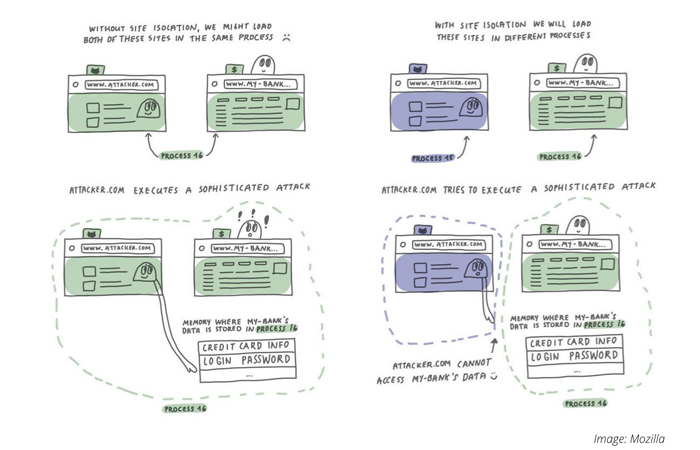In today’s digital world, most of the things that we need are just one click away with our computers and cellphones. As a user, you are constantly monitored. But that is also up to the user. If you want to be monitored less then you should perhaps not enjoy all those services. Is it perhaps too much to blame the government and companies? No, because the costs (social, financial, etc.) to go without those services are getting higher. Not everyone can afford not to do things on principle.
And because it is not really possible to opt out, are there things you can do?
“Those who know about us have power over us. Obfuscation may be our best digital weapon.”
This book Obfuscation by Finn Brunton and Helen Nissenbaum is an interesting read covering approach on how to avoid having your personal data manipulated by our current pervasive digital surveillance society. Obfuscation means “to make difficult to perceive or understand”.
As explained in the book Obfuscation is a privacy control which information accessed by third-party is garbled or hidden and generally harder to understand, which meant to interfere with surveillance and data collection projects. In the programming world, code obfuscation means making code harder to understand or read, generally for privacy or security purposes.
With the ever-growing data-mining and surveillance business, simply opting out is getting more and more difficult to achieve these days. In the book, the author offers some ways to practice obfuscation and minimize the effects of a surveillance society and data gathering using the following tools available in the market today.
- The secure browser Tor, which (among other anti-surveillance technologies) muddles our Internet activity with that of other Tor users, concealing our trail in that of many others.
- The browser plugins TrackMeNot and AdNauseam, which explore obfuscation techniques by issuing many fake search requests and loading and clicking every ad, respectively.
- The browser extension Go Rando, which randomly chooses your emotional “reactions” on Facebook, interfering with their emotional profiling and analysis.
- Playful experiments like Adam Harvey’s “HyperFace” project, finding patterns on textiles that fool facial recognition systems – not by hiding your face, but by creating the illusion of many faces.
The security and privacy expert, Bruce Schneier also commented – “I am generally skeptical about obfuscation tools. I think of this basically as a signal-to-noise problem, and that adding random noise doesn’t do much to obfuscate the signal. But against broad systems of financially motivated corporate surveillance, it might be enough“.
As convincing as it may sound, we agree with Bruce that Obfuscation might not be enough. We hope that the arguments and the approach represented in the book will not give a false sense of security or privacy to the people, although it may help a little bit in our fight for privacy.
Source: www.thereader.mitpress.mit.edu












